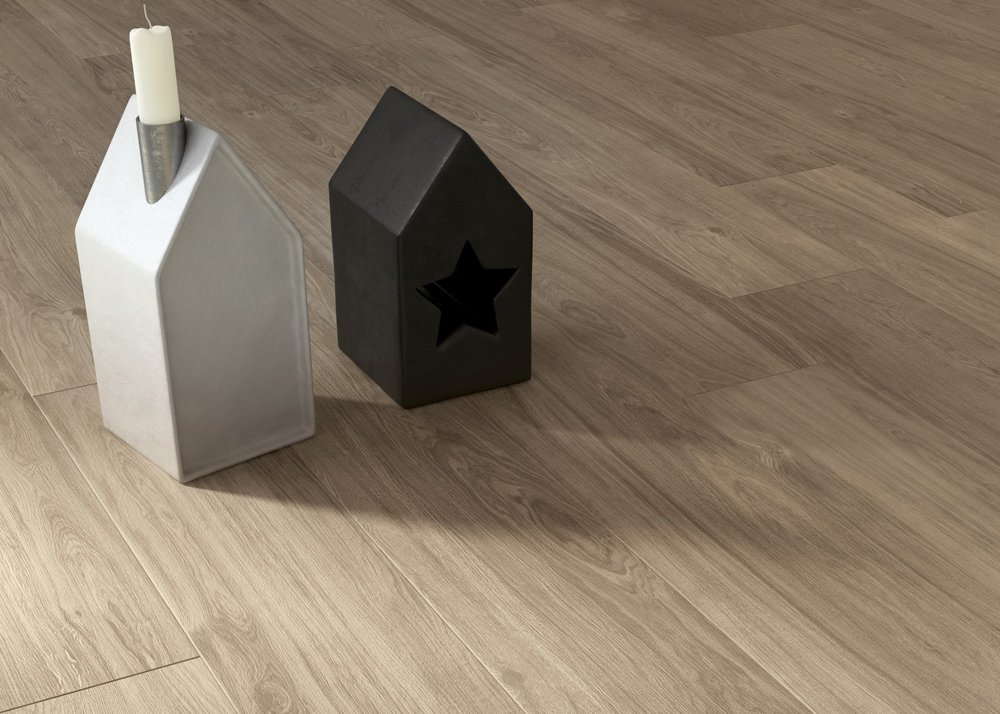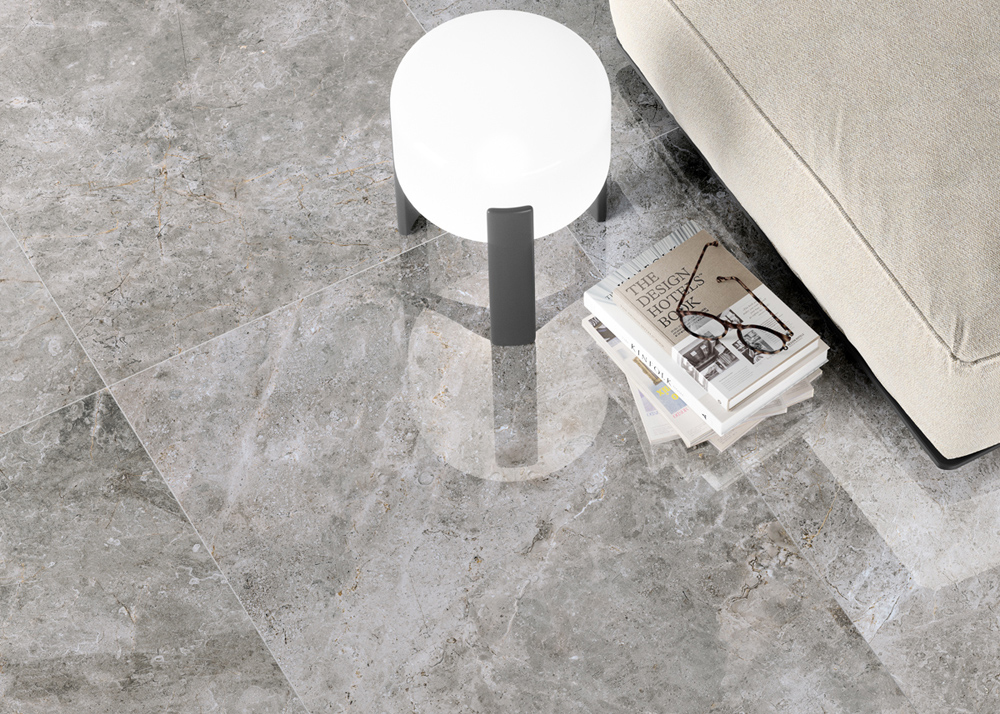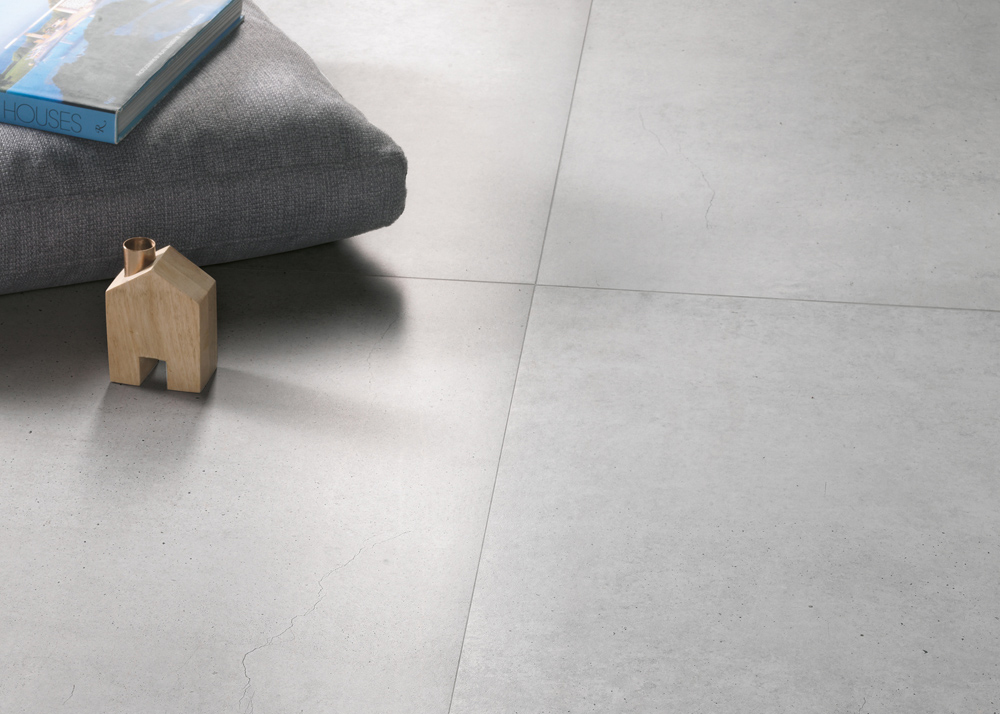The European Union is committed to the reduction of CO2 emissions to a level below that present in 1990, in accordance with the Kyoto protocol. As the building sector is responsible for 35% of all greenhouse gas emissions and for 40% of the energy consumed in all of the European Union, therefore the EU has decided a sustainable policy for buildings based on the following regulations:
- New CPR regulation (Construction Product Regulation)
- New CE regulation on energy performance (2010/31 UE)
- New ISO 15329:2008 standard on eco-sustainability
- New standards in progress (prEn 15643,prEN 15978 currently under study by CEN/TC 350)
The importance of the eco-sustainability of buildings
When buildings are planned, built and demolished (a process defined as their life cycle) it must be done following guidelines that adhere to strict regulations to reduce their impact on the environment (recycling, use of eco-friendly materials), so that buildings are safe, durable and have low energy consumption. Porcelain stoneware tiles perfectly integrate with these criteria, not least thanks to their intrinsic features; ceramic is a hard material, chemically and physically inert, resistant to adverse weather conditions, to chemicals, fire (class 1 with no need for tests). Ceramic is also sometimes used to protect the environment itself from building materials (for example as an external covering for insulating panels of buildings). Moreover, ceramic tiles are durable (they last more when compared to other building materials) and they do not release volatile toxic compounds (VOC free) a common characteristic of some plastics, carpet floors and some wooden finishes, ceramic tiles are also very hygienic and easy to clean (absorption levels are almost zero). Also, waste materials deriving from demolition can be reused, without the need for special treatments, to create road substrates, inert materials for buildings, etc. If we analyse the production cycle of porcelain stoneware, it is important to underline that the raw materials used are totally natural and not strategic, meaning that they can be found practically anywhere in the world and their extraction does not result in a negative impact on the environment. Very little waste is produced during the manufacture of porcelain tiles, as almost the totality of raw materials, glazes and water can be recycled.
Refin ceramic tiles and the eco-sustainability
In light of this, REFIN has developed a series of Green events that are a testament to the environmental stance the company has taken. The entire REFIN product range has been awarded the ECOLABEL mark, an award that can only be achieved when strict criteria relating to the amount of polluting emissions and consumption of raw materials and energy have been met. Some REFIN ceramic collections are also LEED certified, and they therefore contribute towards the allocation of LEED credits for buildings thanks to various factors, such as the use of pre and post-consumer recycled materials (cathode ray tubes of discarded TV sets), the mitigation of heat island effect, innovation in design and technology, etc. Refin has also achieved further recognition: the most recent scientific research has seen the concept of tiles with a passive surface with a solely protective function develop into an active surface or, in other words, a surface that can actively contribute to the wellbeing of man as well as helping protect the environment. Refin have managed to integrate particles of titanium dioxide onto the surface of the tiles, and these particles start off a process of photo-catalysis, by means of which the tile can contribute to the abatement of toxic substances present in the environment (NOx, VOC and PM10). This application also makes the tile surface hydrophilic, increasing its wetting power and therefore activating a self-cleaning function that makes the use of ceramic tiles as the covering for external facades even more interesting. Finally, thanks to the addition of active metallic elements, all Refin surfaces treated with this technology have a sanitizing action against germs and bacteria, even in the absence of direct sunlight.


